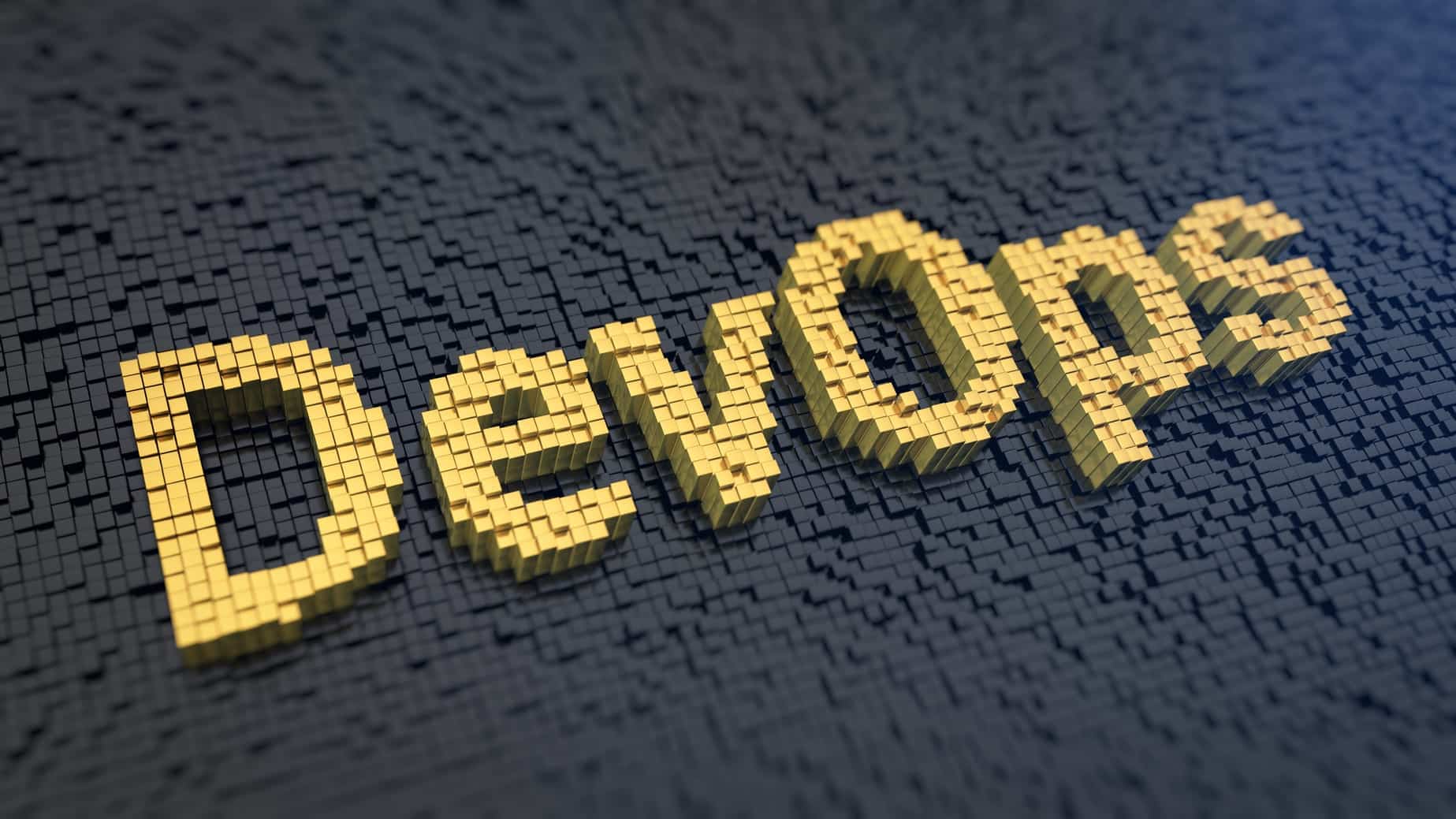By Alex Miller
Few things in life are as awesome and frustrating as technology. Just when you finally get the hang of your smart phone, figure out how to use an app, or understand how cloud computing works, everything seems to change. Along comes the iPhone 7, you find an app update on your mobile device, and then some software developer creates something newsworthy (and I’m not even talking about Pokémon Go). One of the newer buzzwords that business owners are faced with is “DevOps.” So what is DevOps and how will it affect your business?
The Basics of DevOps
The term “DevOps” (a combination of the words “development and “operations”) has been around for several years and yet there are several working definitions of it. Wikipedia says that, “DevOps… is a culture, movement or practice that emphasizes the collaboration and communication of both software developers and other information-technology (IT) professionals while automating the process of software delivery and infrastructure changes. It aims at establishing a culture and environment where building, testing, and releasing software can happen rapidly, frequently, and more reliably.”
Now what does that definition really mean? There are many parts that comprise software development and deployment including product managers, business analysts and software engineers. While each of these cogs is a vital part of progress, it doesn’t mean that their communication and interactions are flawless. That’s where DevOps come in. “In many ways, DevOps is about ensuring quality at all stages, “explains Daniel Greene of TechCrunch. “You can visualize DevOps as a conveyor belt, where many checks and balances are in place, at all stages, to ensure any bundle coming down the belt is removed if it’s not good enough, and delivered to the end of the belt (e.g. production) safely and reliably if it is.”
Here’s another way to look at it: developers get paid to continually make software better. Operators don’t always like that change since it creates havoc with how they run the software. DevOps is when both teams theoretically work together after code is deployed to production. They then collaborate along the areas of their expertise to create the most effective product eliminating any glitches in the updates that may have occurred.
Finally, production is another important aspect to address with DevOps. As Jim Hirschauer of AppDynamics puts it, DevOps is “a software development method that stresses communication, collaboration and integration between software developers and information technology professionals with the goal of automating as much as possible different operational processes.” Time is of the essence, so keeping the infrastructure the same while addressing the problems through code can eliminate the flaws in the system quickly.
How DevOps Impact Your Business
If you use an app or other software to run your business or if you have a business that incorporates technology to reach or serve customers, DevOps applies to you. Technology is moving and evolving at the speed of sound and faster. The company that survives has the newest ideas, most updates, and seamlessly eliminates any hiccups in the system; time and advancement are at the core. Dev2Ops.org has a great explanation: “For the business, DevOps contributes directly to enabling two powerful and strategic business qualities, ‘business agility’ and ‘IT alignment.’”
Moreover, the automation process must be flawless in order to be timely and efficient. DevOps impacts the variety of tools that software developers and operations teams work together to create including cloud platforms, software deployment, and managing operations. This ensures that your customers are happy or that you can run your company smoothly.
Not sure where to start and how to incorporate DevOps into your business practices? Many software companies are helping business owners to manage their strategies pertaining to apps, cloud infrastructure, and web platforms. Also, “start small and don’t get overwhelmed,” advises DevOp expert Michael Ducy. “Two principles of DevOps you’ll hear over and over is incremental change and continuous improvement.”

